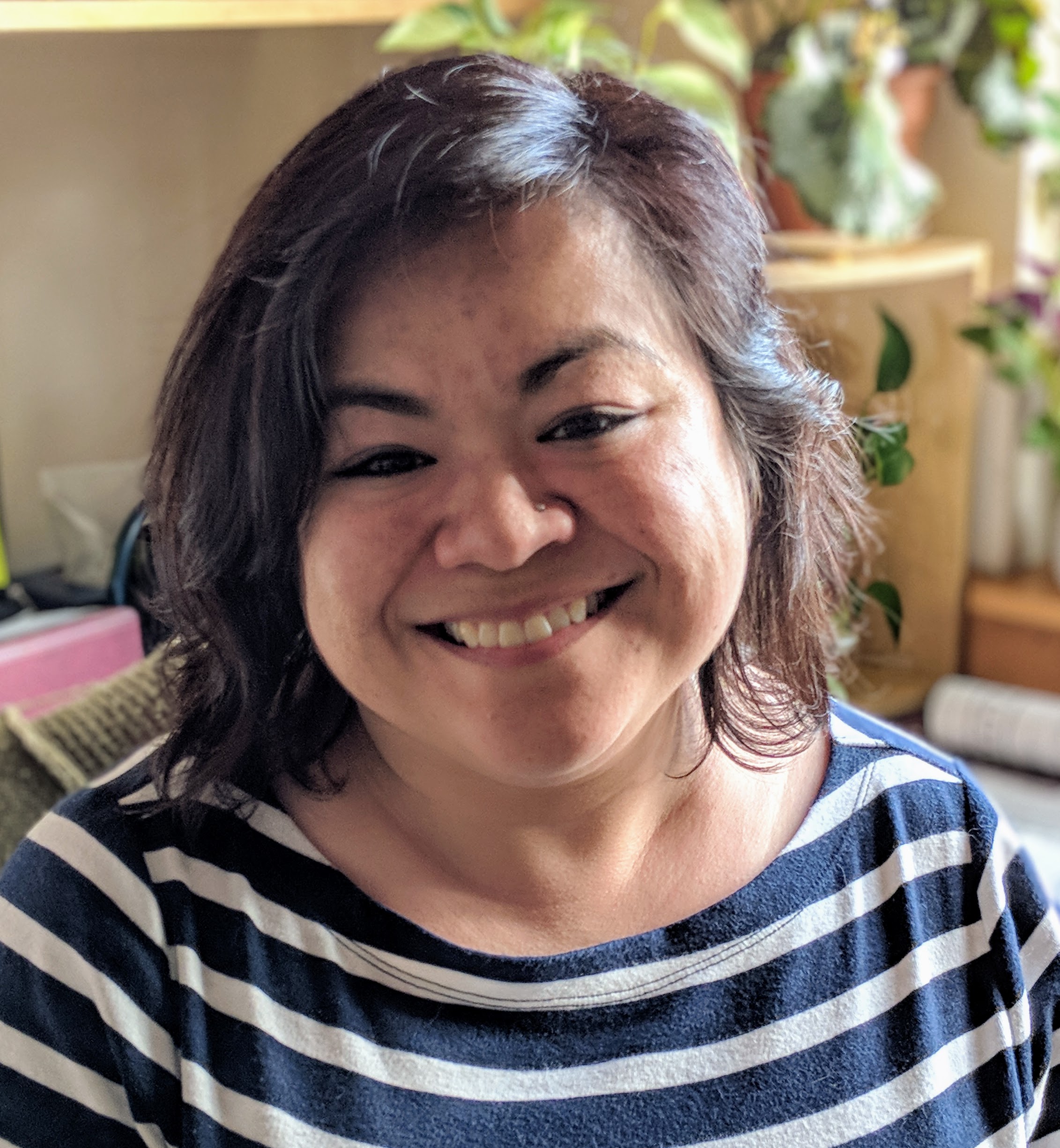

Dianne Pater is a visiting assistant professor of biology and a consortium for faculty diversity scholar. She received her bachelor’s degree from the University of New Mexico and her doctorate from the University of California, San Diego.
Q: How did you first get interested in your field?
A: When I started as an undergrad, I knew that I wanted to do biology, but I was really interested in vaccine research … One of the intro classes at my university was a plant and animal form and function class, and I wasn’t really looking forward to the plant section — I was really looking forward to the animal section — but once the plant section started, it was really the first class I had ever taken where I walked away from every lecture with a list of questions that came up as I was listening to the lecture. I wound up going to the office hours of the professor with all those questions, and I eventually asked him if I could volunteer in his lab and then I got a research position in his lab and I’ve been working with plants ever since.
Q: Can you describe your research?
A: The main basis of my research is that I’m trying to understand how plants respond to environmental stresses and how they regulate water loss to the environment. Specifically what I’m looking at are natural variations in populations of crop plants as well as differences between crop plants and their bio relatives.
Q: How is your research applicable to the broader world?
A: It’s pretty massively applicable actually. Climate change is affecting not only water availability for agriculture, but also we’re increasing the amount of irrigation we’re doing to crop plants, which is increasing salinity in the soil. The way that crop plants react to water stress and salt stress is controlled by very similar pathways within the plant. In order to keep up with the demand for food, especially with the growing populations, understanding how the genetic variations of plants correspond to survival rates and how plants regulate water loss is pretty important.
Q: What were you doing before coming to Amherst?
A: I just finished my Ph.D. at UC, San Diego.
Q: What brought you to Amherst?
A: I am here through a fellowship with the consortium of faculty diversity in the liberal arts colleges. I really enjoy teaching. I learned as a graduate student that I really liked being a TA [teaching assistant] and being in charge of my own classes. The opportunity to do research but also have a teaching load was very appealing to me rather than doing a research post doc.
Q: Do you prefer teaching or researching?
A: I like research and the discovery of it. But I like working with students. It’s fun teaching them new things and getting the questions back from them. Also I have always been involved in mentorship and diversity initiatives, so having that opportunity to mentor students is really important to me.
Q: Why liberal arts rather than a large research institution?
A: I like the small class sizes. When I was a grad student, the classes I was teaching in were huge, several hundred students in a lecture class. The ability to have these small classes for more personal interactions with students, as well as the flexibility to create my own courses and teach outside of a very restricted university curriculum was very appealing to me.
Q: Can you tell me more about the classes you’re teaching?
A: I’ve helped out with the labs for both of the biology intro classes, and this year I helped design some new labs for Biology 181 and I’m teaching one of the lab sections for that. I also just created a new course, which is Biology 250, and it’s called According to Science. It’s a communication and literacy course. It’s basically looking at popular science articles and how science is presented in popular media and then looking at the actual scientific journal articles that either support or claim to support those popular science pieces. Also the students are going to be creating their own blogs where they’ll compare those popular pieces with the science, as well as creating their own blog posts talking about a scientific topic of their choice.
Q: What do you like to do outside of the classroom?
A: I’m really big about going to concerts. I’m sort of a concert freak. I go to probably 50 or so concerts a year. Other than that, I really like playing pub trivia.
Q: Who’s your favorite musician?
A: There’s a singer-songwriter named Ryan Adams and I love him, but actually my favorite singer of all time is Glenn Phillips. I’ve seen him probably 97 times in concert.